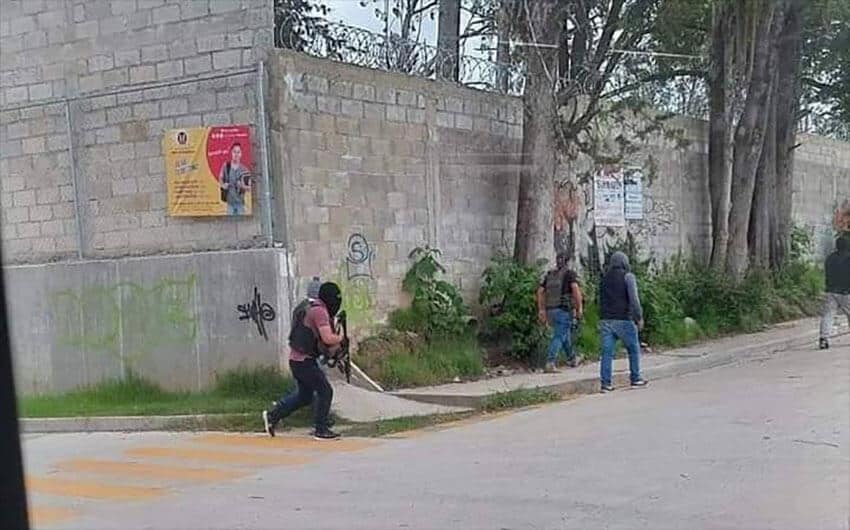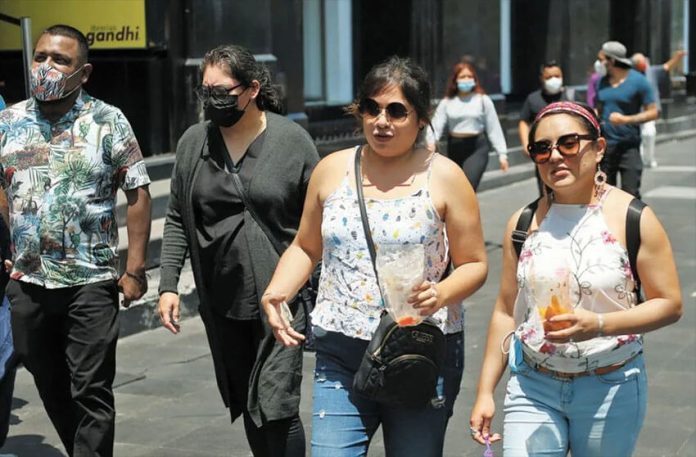Health authorities in the United States have raised their risk assessment of the COVID-19 situation in Mexico from Level 2 “moderate” to Level 3 “high.”
The Centers for Disease Control and Prevention (CDC) issued new travel advice for Mexico on Monday, advising U.S. citizens to make sure they are up to date with their COVID-19 vaccines before traveling here.
“If you are not up to date with your COVID-19 vaccines, avoid travel to Mexico,” the CDC said. “… If you have a weakened immune system or are at increased risk for severe disease, even if you are up to date with your COVID-19 vaccines, talk with your clinician about your risk, and consider delaying travel to Mexico.”
A fifth wave of coronavirus infections began in Mexico in early May, according to health experts, but the increase in new case numbers has been more notable in June. There are currently 49,210 estimated active cases after the Health Ministry reported 9,452 new cases on Wednesday. The estimated active case tally has increased by over 200% this month after ending May at about 16,000.

Earlier in the pandemic, tourists were blamed for high case numbers in destinations such as Quintana Roo and Baja California Sur, which are currently among the states with the highest number of active cases on a per capita basis. Mexico has never required incoming travelers to show a negative COVID test result or go into mandatory quarantine. The United States dropped its own testing requirement for incoming travelers last Sunday.
The U.S. Department of State acknowledged the CDC’s reassessment of the COVID risk in Mexico in an updated travel advisory issued Monday, but didn’t change its advice for individual states. It continues to advise U.S. citizens not to travel to Colima, Guerrero, Michoacán, Sinaloa and Tamaulipas due to crime and kidnapping.
Eleven states – Baja California, Chihuahua, Coahuila, Durango, Guanajuato, Jalisco, México state, Morelos, Nayarit, Sonora and Zacatecas – are on the “reconsider travel” list due to crime or crime and kidnapping.
Chiapas, where armed men sowed terror during a lengthy show of force in San Cristóbal de las Casas on Tuesday, is one of 14 federal entities where the State Department advises travelers to “exercise increased caution.” Campeche and Yucatán are the only states where “normal precautions” are advised.
Among the general advice the State Department offers to travelers in Mexico is to use toll roads when possible and avoid driving alone or at night; exercise increased caution when visiting local bars, nightclubs, and casinos; do not display signs of wealth, such as wearing expensive watches or jewelry; and be extra vigilant when visiting banks or ATMs.
Mexico News Daily
